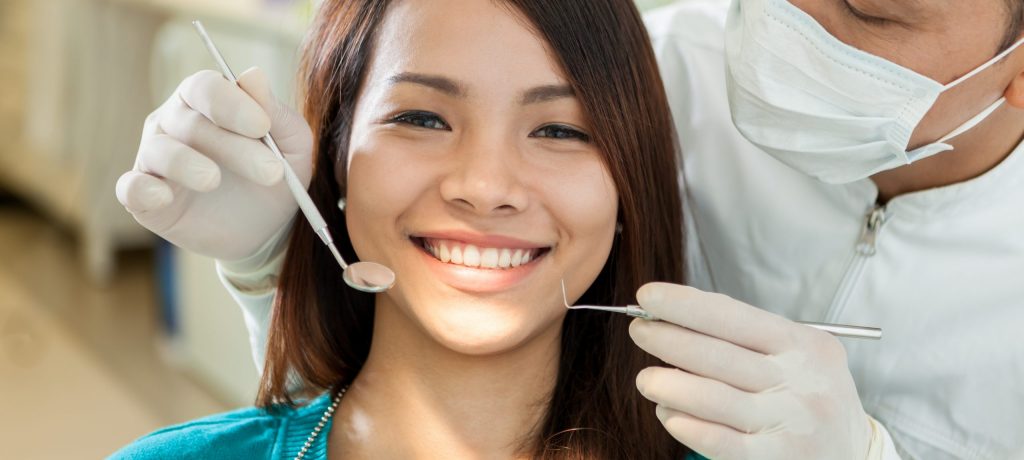As with your general health, taking care of your teeth and gums is the first step to keeping your smile healthy. A beautiful, healthy smile is important for your health and makes you feel better about yourself. If you want to keep your smile healthy for years to come, read these tips.
Always brush your teeth
One of the most important things you can do for your mouth health is teeth brush at least twice a day. Using toothpaste with fluoride helps get rid of the food, grit, and germs that build up during the day. It’s also important to brush your teeth the right way. Brush for at least two minutes, using gentle circle motions, and make sure to brush every surface of every tooth. Remember to clean the roof of your mouth and the tip of your tongue too. These are also places where bacteria can grow.
Don’t Forget to Floss
People forget to floss, but it’s just as important as brushing. When you floss, you get rid of food and gunk between your teeth and along the gum line, which your toothbrush can’t reach. Ideally, you should floss before you brush your teeth once a day to keep your gums healthy and your teeth free of plaque. If you have trouble with regular dental floss, you can also use interdental tools or water flossers.
Use mouthwash to clean
Using mouthwash every day is a great way to take care of your teeth. It gets rid of germs, freshens your breath, and may help keep you from getting gum disease and cavities. To get extra protection against cavities, choose a mouthwash that has fluoride in it. For the best results, use mouthwash after you brush and floss.
Keep your diet balanced
Your oral health is directly affected by what you eat. Acidic and sugary foods can make plaque build up and cavities worse, so try to limit the amount of sugary drinks and snacks you eat. Eat a lot of whole grains, fruits, veggies, dairy, and other healthy foods. These foods have lots of minerals and vitamins that are good for your teeth and gums. Also, drinking water throughout the day helps get rid of leftover food and balances out the acids in your mouth.
Make regular trips to the dentist
For a good mouth, it’s important to get regular dental checkups. When you go to the dentist every six months, they can clean your teeth professionally, find problems early, and give you preventative care. Your dentist will clear plaque and tartar buildup, look for signs of cavities, gum disease, and other oral health problems, and give you personalised tips on how to improve how you clean your teeth.
Take care of your teeth
There are times when accidents happen and your teeth are in danger because of sports or injuries. If you wear a mouthguard during sports or other activities where you might hit someone, your teeth will be safer. If you grind your teeth at night, you might want to get a custom-fitted nightguard from your doctor to keep your teeth from getting worn down.
Drink water
It’s important for your mouth health as well as your general health to drink a lot of water. Plaque can form on your teeth if you don’t rinse your mouth with water. It also helps your body keep making saliva, which is needed to neutralise acids in your mouth and keep your teeth from getting cavities. Every day, try to drink water, especially after meals, to keep your mouth healthy and thirsty.
Don’t smoke or use tobacco in any way
When you smoke or use tobacco goods, they can really hurt your teeth. If you smoke, you’re more likely to get gum disease, lose teeth, and get mouth cancer. It makes your breath smell bad and stains your teeth. Giving up tobacco can make your mouth health a lot better and lower your risk of major tooth problems.
In conclusion
Taking care of your teeth and gums is important to avoid oral problems and keep your confidence. A healthy smile is a sign of good general health. You can keep your smile healthy and bright for years to come by following these simple tips: brushing, flossing, rinsing with mouthwash, eating right, going to the doctor, covering your teeth, drinking water, and not smoking. Remember that taking care of your teeth is something you should do for life. The younger you start, the better your dental health will be in the long run.
